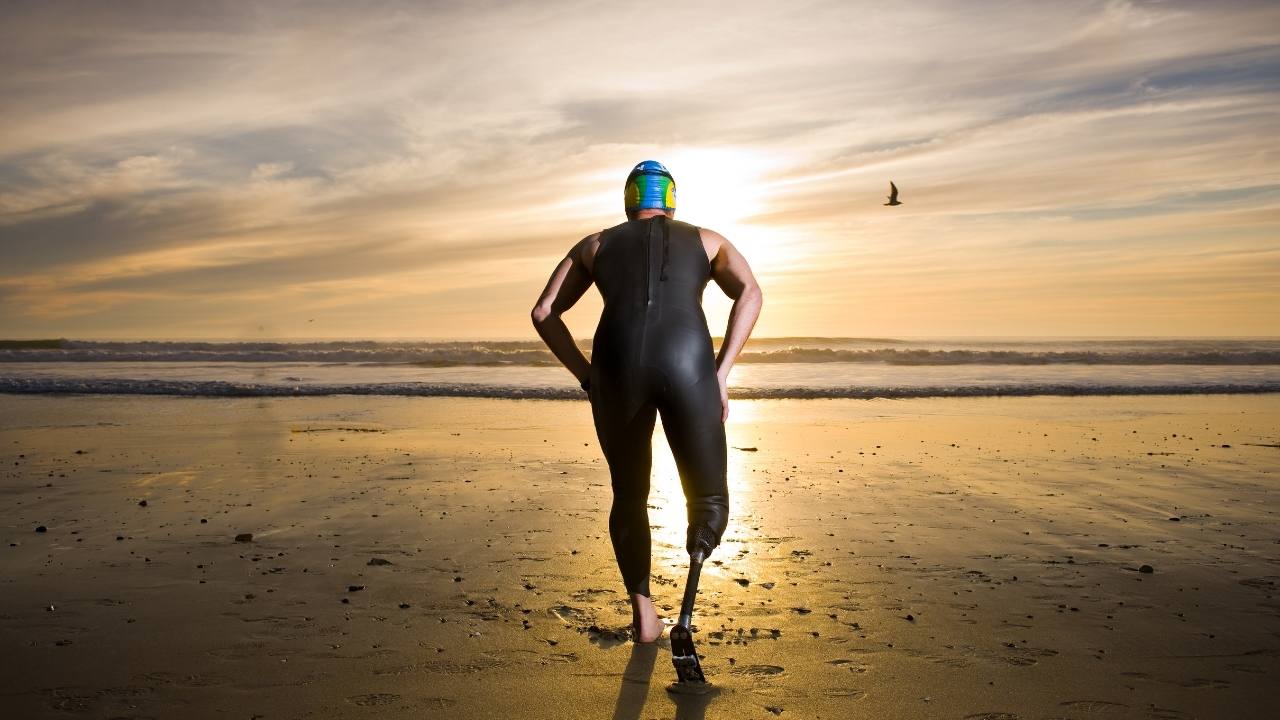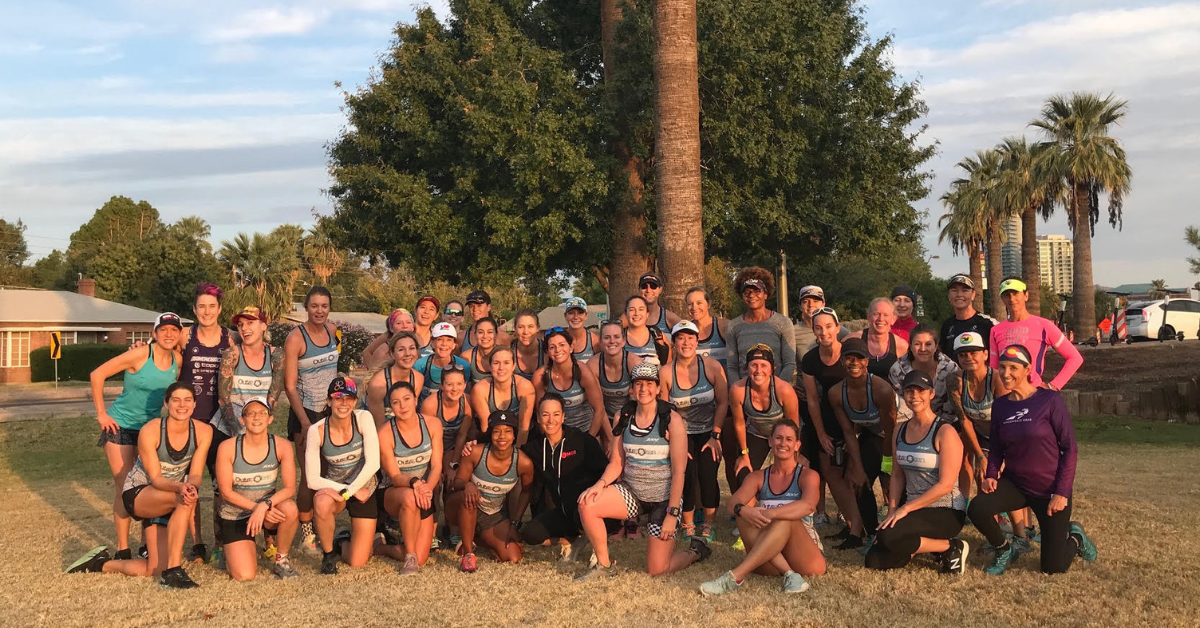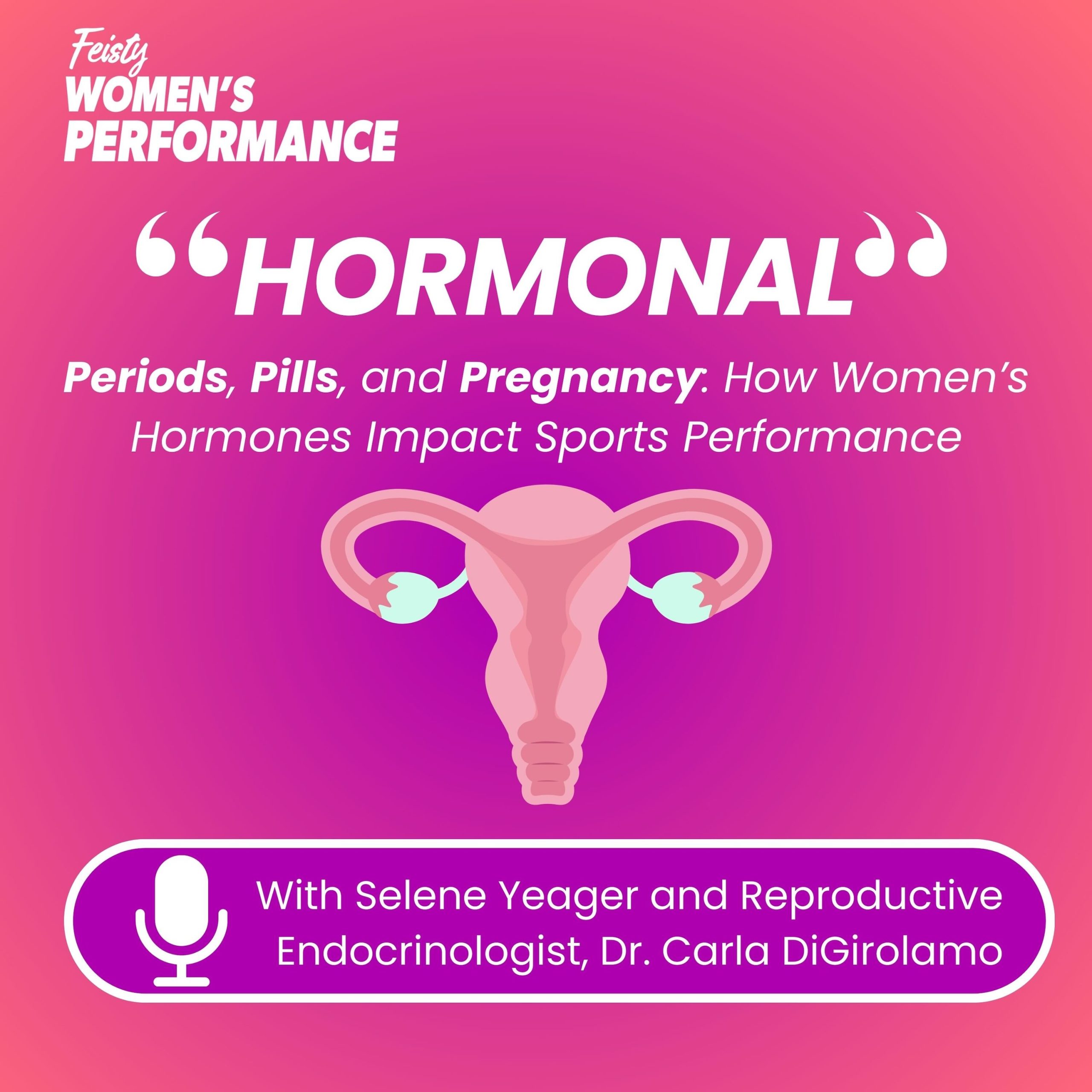June 9, 2022
A 6-Step Guide to Canceling Diet Culture in Women’s Sports

By Selene Yeager
When we think “diet culture” many of us immediately think of beauty magazines and all the predatory “fitspiration” Instagram accounts that lure women in with the fear that they don’t look good enough as they are, and ultimately end up making us feel worse about ourselves.
We don’t think sport. We don’t think athletes. We don’t think about the messages we give our athletes…and ourselves. But we should, because diet culture is pervasive and pernicious in sport and how we talk about and to our athletes and ourselves matters a lot.
“’Looking’ like an athlete doesn’t mean shit if you’re too injured to get to the start line,” Amelia Boone.
Amelia Boone, ultrarunner and four-time obstacle racing world champion, openly discussed her battles with body image during her keynote address at the 2022 Feisty Women’s Performance Summit. She detailed how the external and internal pressure she felt to “look” like an athlete made her start to pick apart her body and relapse into a full-blown eating disorder, leading her to repeated stress fractures over the course of three years. She said of herself of the time, “I started to look like an athlete, but I was too fucking injured to get to the start line.” And at age 35 she checked herself back into a partial hospitalization program (having been hospitalized previously in her teens) for three months. Today, she’s a champion in the battle against these insidious cultural messages to help herself and others stay in sport for life.
Boone is far from alone. There are countless stories of women athletes who have lived a tortured existence with their bodies because someone—often a coach—told them they were too big for their sport.
Men are not immune. Kristian Blummenfelt just won Ironman World Championships, making him the first triathlete to win an Olympic gold medal and an Ironman World Championship in the same year and people on the live stream were making comments like, “Wouldn’t he go faster if he was lighter?” and “He doesn’t look like the ideal triathlete” and he’s the subject of myriad articles and videos because (gasp), he’s not a stick figure.
Diet culture in sport takes an emotional and physical toll that can set the stage for low energy availability and relative energy deficiency in sport (RED-S), which can lead to health issues including hormonal disruption, menstrual irregularities, and compromised bone health, as well as poor recovery and performance.
How to Cancel Diet Culture
As active influential women, we all play a meaningful role in creating an empowering culture for women in sport, and we can all do our part to put the kibosh on diet culture in our realm. Here are steps you can take to lead the way.
Challenge your own internalized beliefs. Many of us, especially in endurance sports, have been downright indoctrinated with the idea that “lighter is better.” If that’s your default mindset, the first step is recognizing it. Then take some time to challenge that notion. Where did it come from? A coach? Friends? Teammates? The media? Is it even true? The answer is objectively no. There are plenty of examples of athletes who perform better at a higher weight than a lighter one. Maybe you’re one yourself. I know I am. I had some of my best race performances 10 pounds heavier than my lightest “race weight”. I routinely got my behind handed to me by a competitor who folks said “didn’t look” like a bike racer. Watching her sail away from me verified that she very much was.
Know the health facts and stats. Sometimes we promote diet culture under the guise of health benefits. Lighter isn’t automatically better for health, either. In fact, fat in women, especially lower body fat in the hips and thighs, can be health protective. A 2021 UCLA study published in Journal of the American Heart Association reported that women who had high body fat as well as high muscle mass had a 42 percent lower risk of dying from heart disease than women with low muscle mass and low body fat. Also, women with high fat levels regardless of muscle mass also had significantly lower heart disease death rates. The study found that there was no significant advantage to having high muscle mass and low body fat over having low muscle and low fat, leading them to conclude that women should prioritize building muscle mass over losing weight to improve their cardiovascular health.
Focus on power. There’s often an emphasis on losing weight to improve performance in sports that prize having a good “power to weight ratio” (meaning you can produce a lot of power per unit of body weight). But many people overlook the first part of that equation: power. By including and prioritizing strength training, particularly lifting heavy, you activate more muscle units, increase the capacity of fast-twitch, type II muscle fibers, and improve efficiency in sports like cycling and running, all of which improves performance without having to lose a single ounce.
Prioritize fueling. Women perform best in a fueled state. Shift nutrition emphasis to what to eat and when to eat rather than what or when not to eat. By making sure training, competition, and recovery are all properly fueled, you’ll ensure better performance and will be less likely to run into low energy availability, nutrient deficiencies, and disordered eating behaviors that can follow when the emphasis is put on cutting calories, carbs, and other foods.
Avoid assumptions. Never assume that someone you’re training, coaching, or working out with wants to lose weight no matter what their size. Also don’t assume that they view weight loss favorably. Women can be happy and healthy at every size. Unless they bring up weight, there’s no reason to approach the topic.
Consider your own self-talk. How you talk about yourself is how others “hear” you talking about themselves. When you say, “I feel so fat;” “I look terrible in these shorts with my cellulite,” or “I need to get rid of this menopot!” others hear that those are problems they need to fix, too. That’s not to say that personally wanting to lose weight is “bad” or that you’re always going to feel great about the image in the mirror. We’re human. We’re bound to have those thoughts. How we choose to frame how we talk to ourselves and others helps create either a more negative or positive culture. That is in our control.


 Outspoken Women in Triathlon Summit Returns Bigger than Ever
Outspoken Women in Triathlon Summit Returns Bigger than Ever  Driving the Lamborghini: Productivity and the Power of Paper
Driving the Lamborghini: Productivity and the Power of Paper  5 take aways from the Compete Sports Diversity Summit
5 take aways from the Compete Sports Diversity Summit  Simple Tips to Hone Your Bike Handling Skills
Simple Tips to Hone Your Bike Handling Skills 


